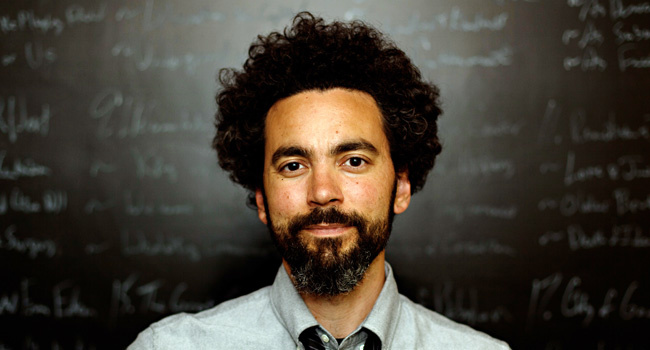Jesus's Upside Down Kingdom

The Prince of Peace was born into a world drowning in violence. The years between the Old and New Testaments were anything but silent, as kingdom rose up against kingdom, nation warred against nation, and the Jewish people hacked their way to freedom with swords baptized in blood.
About two hundred years before Christ, the Greeks who ruled over Israel banned the practice of Judaism and slaughtered those who resisted. But the Jews wouldn’t give in so easily. Led by Judas “the Maccabee” (literally, “the hammer”), zealous Jews donned the sword and threw off the yoke of their Gentile overlords, massacring thousands in their wake. A few decades later, the Maccabees reclaimed their religious and political freedom and set up a quasi-messianic kingdom through violent force. The success of Maccabean swords would shape the way Jewish people in Jesus’s day would understand—and inaugurate—the kingdom of God.
Enter Jesus. The Prince of Peace talked often about establishing God’s kingdom. He also talked about loving your enemies, doing good to those who hate you, and giving your left cheek to the one who hits you on the right. Even Pilate was confused when the Jews accused Jesus of being a nuisance to Rome. The Roman governor must have laughed to himself when Jesus talked about setting up a kingdom without fighting. Every kingdom ever established has always been set up byfighting—and, of course, winning the fight. This foolish Jew is out of his mind, Pilate must have thought. “I find no guilt in him,” he declared (John 18:38). But as it turns out, the Jews turned his hand and got their wish. Jesus received the death penalty for treason.
It is through being defeated by earthly powers that Jesus conquered the spiritual forces of evil and set up his kingdom. It’s an upside-down kingdom where leaders are servants, neighbors and enemies are loved, and poor widows give away half their money. Under the Lordship of King Jesus, humility is exalted, the first shall be last, offenders are forgiven 70 times 7, and ethnic outsiders kneel down to help ½ dead strangers lying in a ditch.
The way of Jesus is countercultural. It is upside-down and inside-out—a kingdom, where weakness is power, power is weakness, and suffering leads to glory.
My kingdom is not of this world. If my kingdom were of this world, my servants would have been fighting, that I might not be delivered over to the Jews. But my kingdom is not from the world (John 18:36)
I originally wrote this blog for Sword of the Spirit ministries. Check out their website for some awesome recourses!





